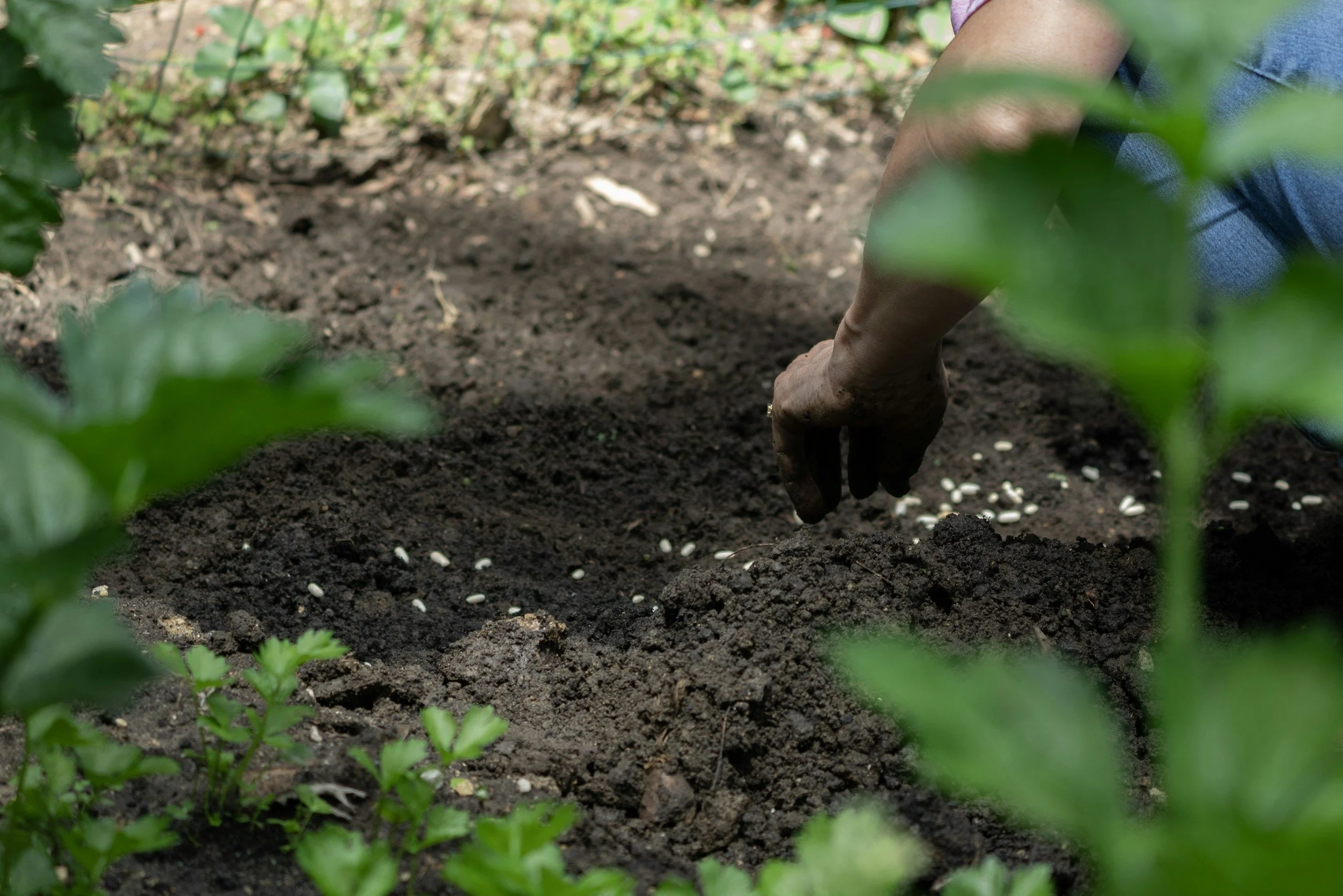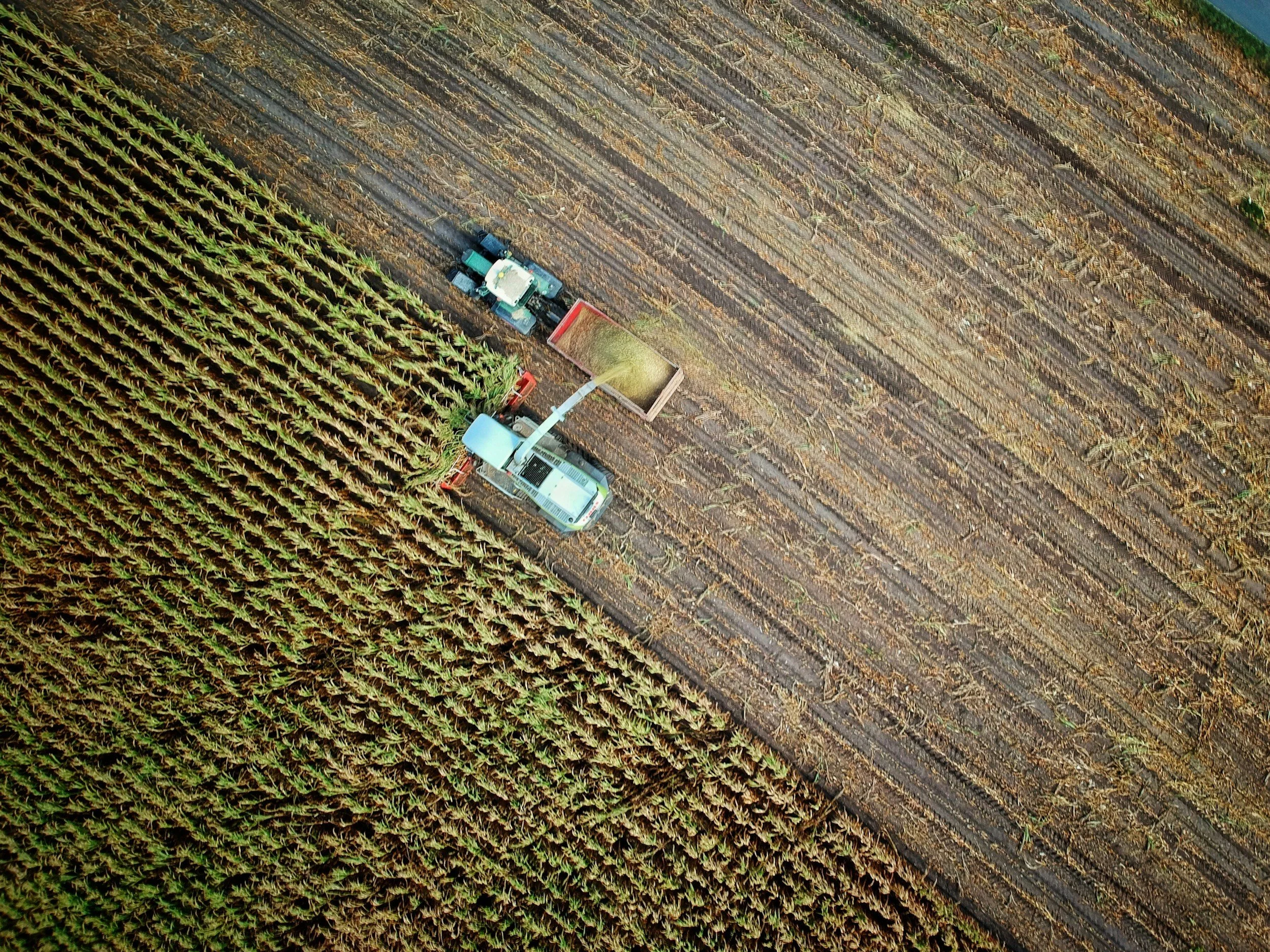Rethinking Packaging: Why Sustainable Solutions Matter Now More Than Ever
/In today’s world of mounting plastic waste, overflowing landfills, and heightened environmental awareness, the role of packaging has evolved. No longer seen merely as a means to protect products, packaging has become a symbol of environmental responsibility. For eco-conscious brands and consumers alike, finding sustainable packaging solutions is now a cornerstone of greener, more ethical supply chains.
The Hidden Costs of Traditional Packaging
Every year, tens of millions of tons of plastic packaging are produced globally. Yet only a tiny percentage ever gets recycled into new materials. The majority? It’s either dumped in landfills, incinerated, or worse—polluting oceans and devastating marine life. This unchecked waste comes with a hefty environmental price tag, driving greenhouse gas emissions, toxic pollution, and long-term ecosystem damage.
The rise of e-commerce has only compounded the issue. Online shopping’s convenience comes at an environmental cost, with an estimated 8 million tons of packaging waste generated annually from deliveries alone. Much of this packaging is non-recyclable or excessively bulky, amplifying its ecological footprint.
A Shift in Consumer Expectations
There’s good news: public attitudes are changing. More consumers—especially younger generations—are demanding sustainable packaging solutions. Research shows that over half of shoppers are willing to pay more for products from brands that embrace environmental responsibility. For millennials and Gen Z, eco-friendly packaging isn’t a bonus—it’s a baseline expectation.
This cultural shift is driving companies to rethink not just what they sell, but how they package it. Today, packaging decisions are as much about purpose and values as they are about cost.
What Makes Packaging Truly Sustainable?
Sustainable packaging adheres to several essential principles:
Material safety: Crafted from non-toxic materials that can be reused, recycled, or composted without harming the planet.
Resource efficiency: Designed to minimize raw material use and energy consumption across its lifecycle—from production to disposal.
Functional design: Protects products effectively while avoiding excessive layers or components.
Circularity: Ideally fits within a closed-loop system where packaging is reused or fully reintegrated into the supply chain.
Ethical sourcing: Materials are sourced and manufactured using renewable energy and responsible practices.
It’s important to note that sustainable packaging isn’t one-size-fits-all. The right solution depends on the product, customer expectations, and environmental objectives.
Strategies for Transitioning to Greener Packaging
For businesses seeking to reduce their environmental impact, these strategies can pave the way:
Minimize excess: Strip away unnecessary materials and embrace minimalist designs.
Opt for better materials: Replace plastics with biodegradable, compostable, or fully recyclable alternatives.
Educate consumers: Provide clear instructions on how to reuse, recycle, or return packaging. Awareness drives action.
Bulk up smartly: Reduce per-unit packaging by encouraging larger volume purchases or group packaging options.
Collaborate responsibly: Partner with suppliers and manufacturers that prioritize sustainability in their operations.
By implementing these practices, companies can align packaging initiatives with their broader environmental goals—while appealing to an increasingly eco-savvy customer base.
Looking at the Bigger Picture
Transitioning to sustainable packaging isn’t just a branding strategy; it’s a crucial step in addressing global waste and resource challenges. Every redesigned box, bag, or container has the potential to reduce pollution, save energy, and support a circular economy.
For forward-thinking businesses and mindful consumers, the takeaway is clear: finding sustainable packaging solutions is no longer optional for businesses. It’s an essential move toward a cleaner, healthier, and more sustainable future.
About the Author:
Jacob McConnell is the Director of Marketing at Eagle Flexible Packaging, an industry-leading flexible packing company. Being among the most innovative printer and converters of flexible packaging, Eagle Flexible Packaging provides the upmost in quality printing solutions, enhancing brand awareness, and increasing purchase appeal. Jacob has almost a decade of industry experience and prioritizes custom packaging solutions to fit your unique needs.
You may also be interested in…









































In today’s world of mounting plastic waste, overflowing landfills, and heightened environmental awareness, the role of packaging has evolved. No longer seen merely as a means to protect products, packaging has become a symbol of environmental responsibility. For eco-conscious brands and consumers alike, finding sustainable packaging solutions is now a cornerstone of greener, more ethical supply chains.